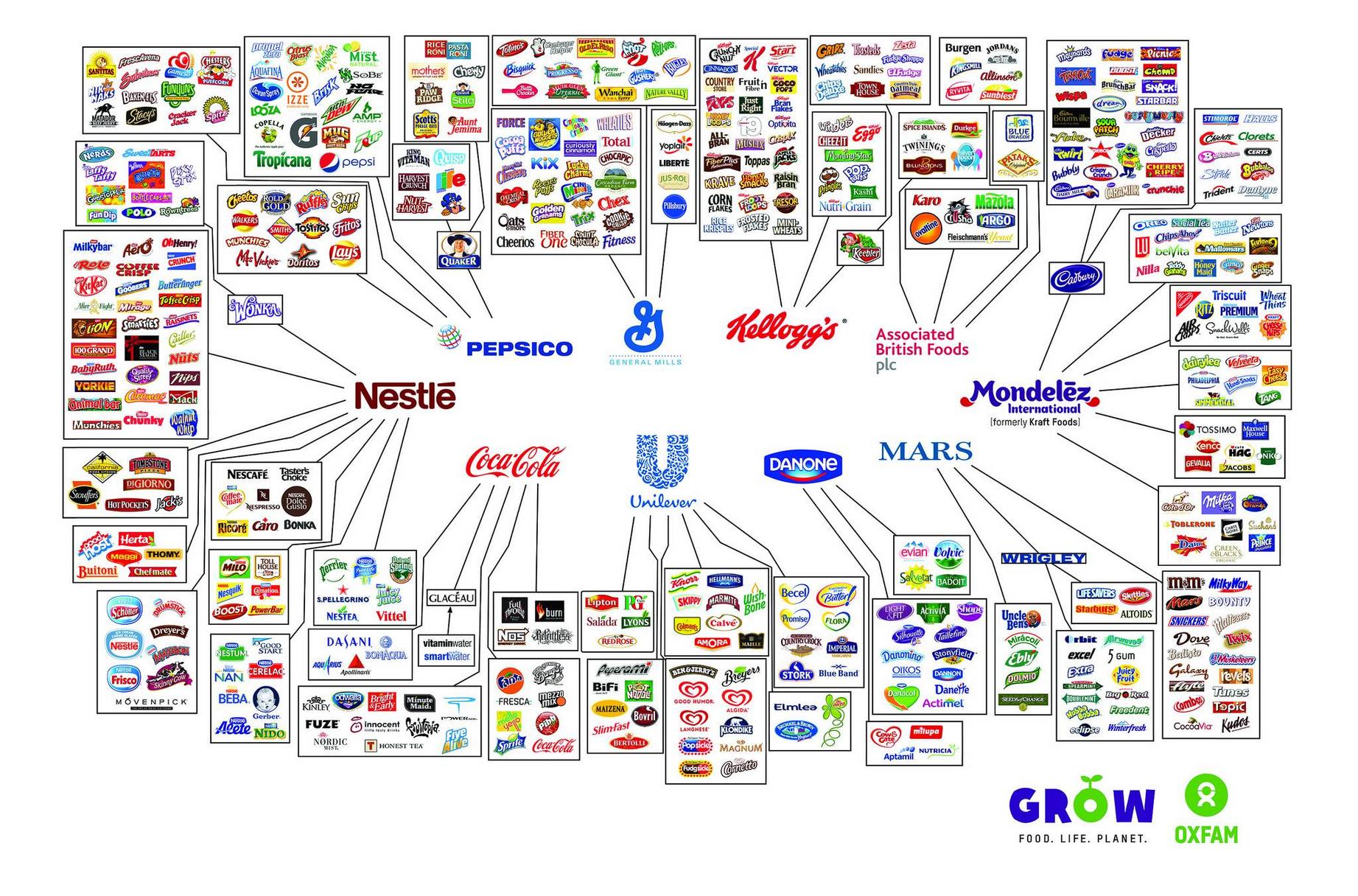
Manufacturing Phoenix is an Arizona-based company that sells a range of products and services to the federal government. It also provides similar products for commercial and individual clients. With all production taking place under one roof and resources only a few feet apart, the dedicated facility is able to accommodate all needs. In addition, the company has provided employment opportunities for individuals with disabilities for 40 years. Its manufacturing division employs 70 people.
Honeywell Aerospace
Honeywell Aerospace is a Phoenix-based aerospace company that creates innovative transportation solutions. The company's products improve flight safety and fuel efficiency as well as improving runway traffic. Its products can be found in nearly all commercial airliner. Honeywell Aerospace was also instrumental in the development and production of 2001: A Space Odyssey. Honeywell Aerospace also produces systems for the International Space Station.

In 2016, Honeywell opened a Phoenix reactive metal alloy manufacturing plant. The facility converted an existing flame spray facility into a production line for parts made from titanium and aluminum alloys. Honeywell plans on producing Inconel 718-based parts in this facility by 2017. The facility was built by Honeywell, which has invested more than $25,000,000.
Raytheon Technologies Corp.
Raytheon Technologies Corp. (multinational aerospace and defense conglomerate) is headquartered at Arlington, Virginia. This company is one of largest producers of military equipment around the globe. Its products include aircraft, rockets, missiles, and more. Raytheon is an aerospace and defense company that is also a market leader.
Raytheon has an extensive history in both the aerospace and defense industries. The company's aerial navigation systems division, for example, accounts for 27.4% of the company's net sales. It also produces mechanical and electrical equipment for aircraft.
Benchmark Electronics
Benchmark Electronics is a contract electronics manufacturing company based in Tempe, Arizona. With over 13,000 employees, the Phoenix-based ODM is one of the most important in the world. The company is located in Tempe Marketplace, Scottsdale and Tempe. Gayla Delly recently was promoted to CEO.

The Phoenix manufacturing facility offers vertically integrated engineering and manufacturing services. Its capabilities include embedded electronics design and microwave and RF component manufacturing. In addition, the company offers aftermarket solutions. The company serves a variety of customers in defense, industrial, as well as commercial aerospace markets.
FAQ
What are the four types of manufacturing?
Manufacturing is the process by which raw materials are transformed into useful products through machines and processes. It involves many different activities such as designing, building, testing, packaging, shipping, selling, servicing, etc.
What is the difference between Production Planning and Scheduling?
Production Planning (PP), also known as forecasting and identifying production capacities, is the process that determines what product needs to be produced at any particular time. This is accomplished by forecasting the demand and identifying production resources.
Scheduling involves the assignment of dates and times to tasks in order to complete them within the timeframe.
What are the responsibilities for a manufacturing manager
A manufacturing manager has to ensure that all manufacturing processes work efficiently and effectively. They should also be aware of any problems within the company and act accordingly.
They must also be able to communicate with sales and marketing departments.
They must also keep up-to-date with the latest trends in their field and be able use this information to improve productivity and efficiency.
Statistics
- According to the United Nations Industrial Development Organization (UNIDO), China is the top manufacturer worldwide by 2019 output, producing 28.7% of the total global manufacturing output, followed by the United States, Japan, Germany, and India.[52][53] (en.wikipedia.org)
- Many factories witnessed a 30% increase in output due to the shift to electric motors. (en.wikipedia.org)
- In the United States, for example, manufacturing makes up 15% of the economic output. (twi-global.com)
- You can multiply the result by 100 to get the total percent of monthly overhead. (investopedia.com)
- Job #1 is delivering the ordered product according to specifications: color, size, brand, and quantity. (netsuite.com)
External Links
How To
How to use lean manufacturing in the production of goods
Lean manufacturing (or lean manufacturing) is a style of management that aims to increase efficiency, reduce waste and improve performance through continuous improvement. It was developed in Japan between 1970 and 1980 by Taiichi Ohno. TPS founder Kanji Tyoda gave him the Toyota Production System, or TPS award. Michael L. Watkins published the first book on lean manufacturing in 1990.
Lean manufacturing is often described as a set if principles that help improve the quality and speed of products and services. It is about eliminating defects and waste from all stages of the value stream. Lean manufacturing is called just-in-time (JIT), zero defect, total productive maintenance (TPM), or 5S. Lean manufacturing seeks to eliminate non-value added activities, such as inspection, work, waiting, and rework.
In addition to improving product quality and reducing costs, lean manufacturing helps companies achieve their goals faster and reduces employee turnover. Lean Manufacturing is one of the most efficient ways to manage the entire value chains, including suppliers and customers as well distributors and retailers. Lean manufacturing can be found in many industries. Toyota's philosophy is the foundation of its success in automotives, electronics and appliances, healthcare, chemical engineers, aerospace, paper and food, among other industries.
Lean manufacturing includes five basic principles:
-
Define value - Find out what your business contributes to society, and what makes it different from other competitors.
-
Reduce Waste – Eliminate all activities that don't add value throughout the supply chain.
-
Create Flow – Ensure that work flows smoothly throughout the process.
-
Standardize & simplify - Make processes consistent and repeatable.
-
Develop Relationships: Establish personal relationships both with internal and external stakeholders.
Although lean manufacturing isn't a new concept in business, it has gained popularity due to renewed interest in the economy after the 2008 global financial crisis. Many businesses are now using lean manufacturing to improve their competitiveness. Economists think that lean manufacturing is a crucial factor in economic recovery.
With many benefits, lean manufacturing is becoming more common in the automotive industry. These benefits include increased customer satisfaction, reduced inventory levels and lower operating costs.
The principles of lean manufacturing can be applied in almost any area of an organization. However, it is particularly useful when applied to the production side of an organization because it ensures that all steps in the value chain are efficient and effective.
There are three main types in lean manufacturing
-
Just-in Time Manufacturing, (JIT): This kind of lean manufacturing is also commonly known as "pull-systems." JIT is a method in which components are assembled right at the moment of use, rather than being manufactured ahead of time. This method reduces lead times, increases availability, and decreases inventory.
-
Zero Defects Manufacturing: ZDM ensures that no defective units leave the manufacturing plant. If a part is required to be repaired on the assembly line, it should not be scrapped. This also applies to finished products that need minor repairs before being shipped.
-
Continuous Improvement (CI): CI aims to improve the efficiency of operations by continuously identifying problems and making changes in order to eliminate or minimize waste. Continuous Improvement involves continuous improvement of processes.